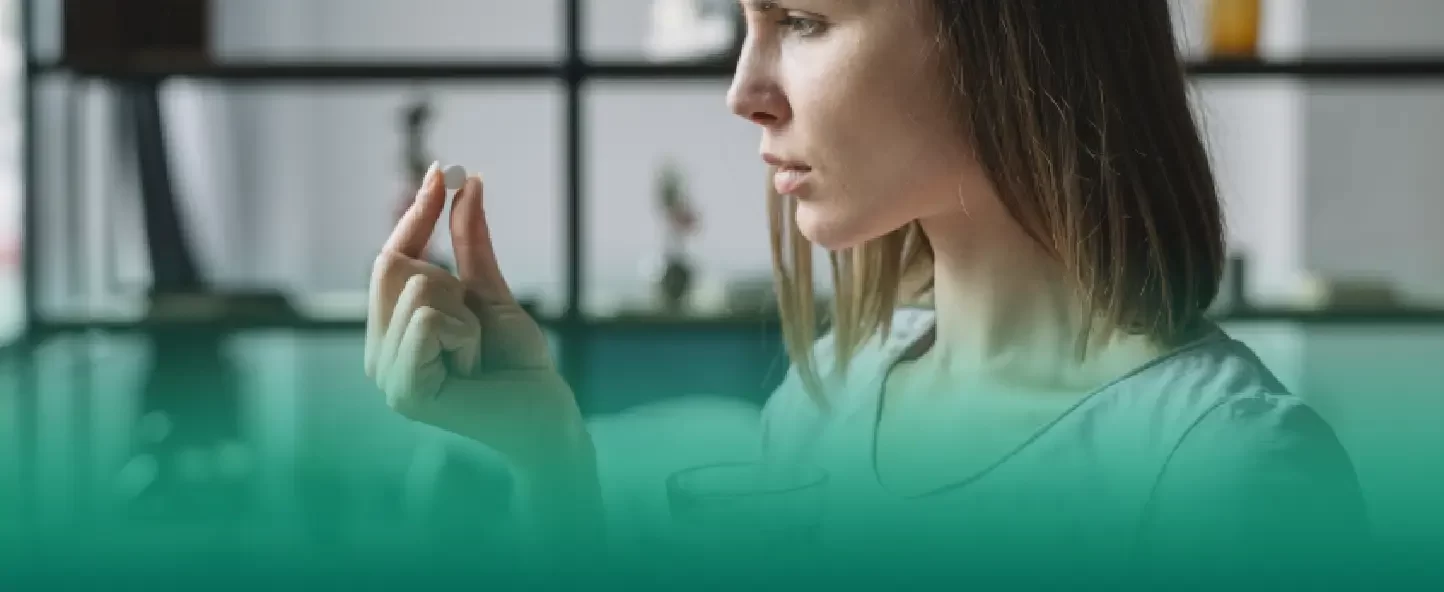Myth: There is no placebo effect
A placebo is a substance without medicinal properties that is similar in appearance to a real medicine.
The first mention of the placebo effect in medical literature dates back to 1955, when stories were told about wounded soldiers during the Second World War. They were given saline instead of morphine. Convinced that they were receiving painkillers, the soldiers reported to doctors that their pain had decreased.
However, placebos also have their downsides: they may promote medical illiteracy and alleviate disease without curing it. A doctor, faced with a patient’s demand to prescribe a certain medicine, may prescribe a dummy that has no proven effect. However, not all conditions require drug treatment.
At the level of brain biochemistry, the placebo effect stimulates areas responsible for the production of various hormones. These hormones can reduce both physical and emotional pain, as well as alleviate unpleasant sensations. The placebo effect is caused by biological mechanisms; there is nothing supernatural about it.
However, placebos also have their drawbacks: they can lead to medical illiteracy and alleviate disease, but they cannot cure it. Doctors, faced with patient demands to prescribe a particular drug, may offer a dummy drug that has no proven effect. However, not all conditions require drug intervention.
Myth: The placebo effect works only in a positive direction
The placebo effect has a kind of antagonist – the nocebo effect. A nocebo is defined as a drug or substance that causes a negative reaction in a person not because of its composition, but due to the patient’s belief that it will harm him.
An example of the nocebo effect would be a situation where a sensitive person reads about the possible side effects of a drug and then, after taking it, begins to experience the severe symptoms described in the instructions.
In psychology, the nocebo effect refers to a person’s negative thoughts that can have a destructive effect on his body.
Until recently, people tried to hide their diagnosis for seriously ill patients, fearing that it might worsen their condition. This led to the fact that people could not plan their future without knowing the forecast, and were forced to live in a lie.
A patient’s right to accurate information about their health is now firmly established in law, but some still have doubts about how useful this information can be.






